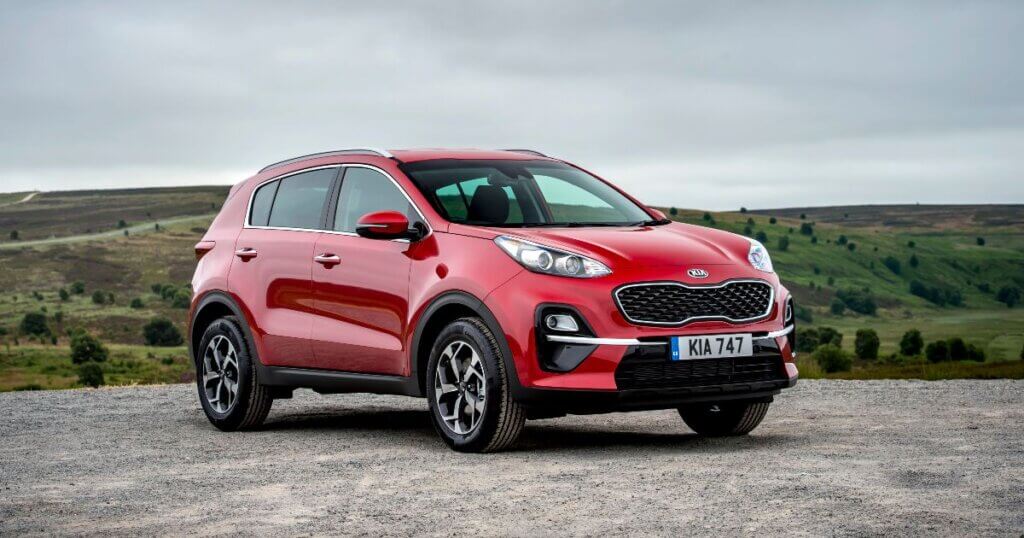Should I buy a written-off car?
If you are looking to buy a used car, you may have come across listings that indicate the car has been written off. Generally, cars within these categories will be cheaper to purchase, making it a tempting offer.
For some, purchasing a written-off car can be an economically viable option but this depends on the severity and complexity of the damage. If you are willing to spend the time sourcing affordable second-hand parts and a reasonably priced mechanic mechanic, you could save thousands over the retail value of an undamaged car.
However, without doing the correct research it could end up costing you more and you might find that the costs of repairs and insuring the vehicle could outweigh the amount you initially saved when purchasing a written-off car.
How to check the category of a car
You will be able to find out the category of a car by checking the Vehicle Registration Certificate (V5C). Alternatively, if you have the vehicle’s registration number, you can also use the DVLA’s online vehicle enquiry service which will allow you to see information about its category and history.
Can I insure a repairable write-off?
Yes, Cat S and Cat N cars can be insured once they have been repaired and deemed roadworthy. However, you may find that the cost to insure a written-off car is more expensive than a non-written-off car. This may be because they deem the car more risky and the likelihood of it needing further repairs in the future may be higher.
When signing up for car insurance, you will need to share any write-off information with the insurer. If you fail to do this and need to make a claim, your insurer may refuse to settle it. You may also be penalised for ‘non-disclosure’ making it harder or more expensive to get insured in the future.
Tips for buying a written-off car
Shop with a reputable dealer
If you are looking to purchase a written-off car, it is always advisable to shop with a reputable dealer rather than a private seller. Some private sellers may not disclose that the car was ever written off, which could end up costing you a lot more in the long run. Also, you will have more consumer rights if you purchase a written-off car from a business, meaning you will be able to dispute issues that may arise.



